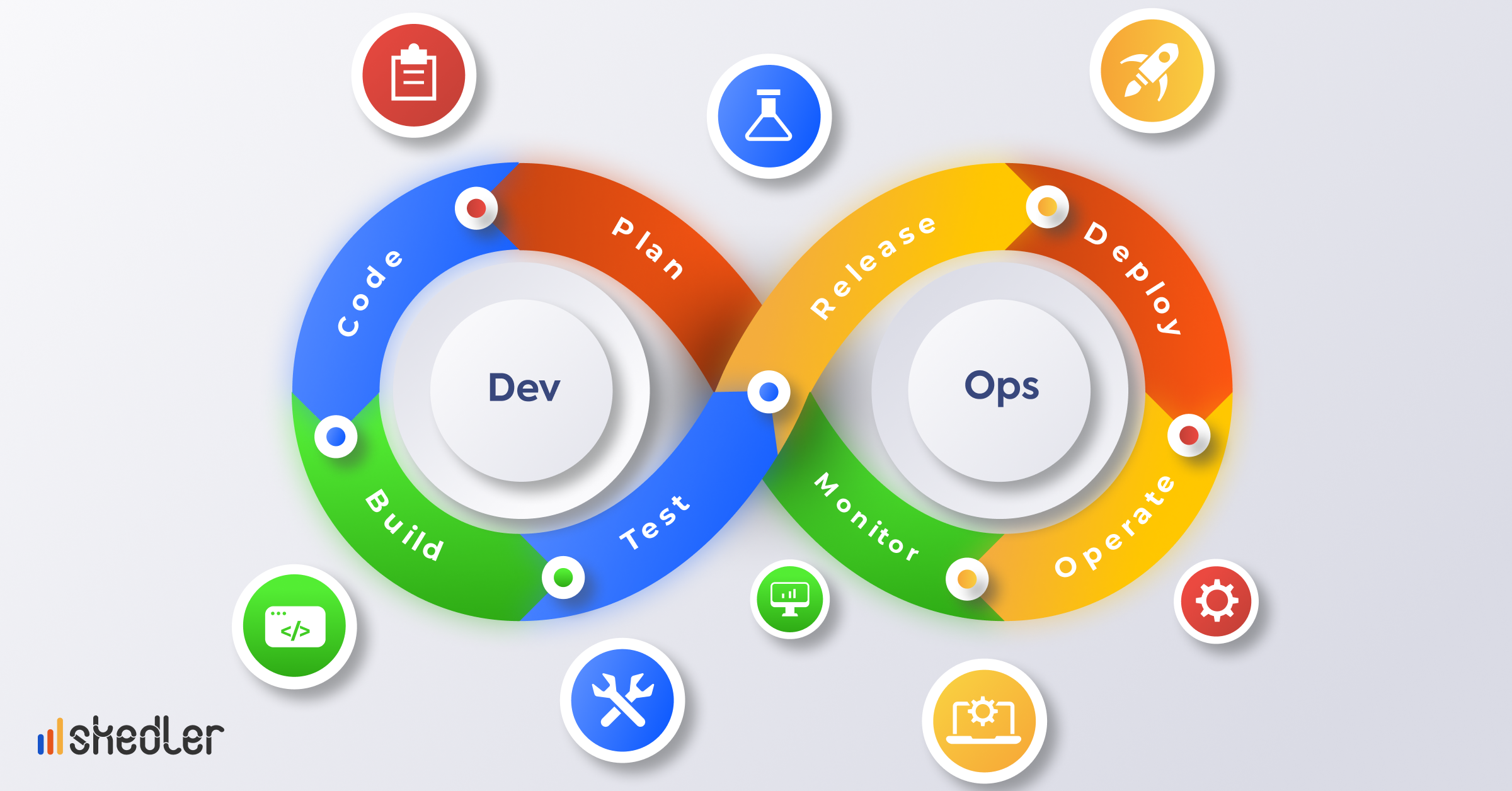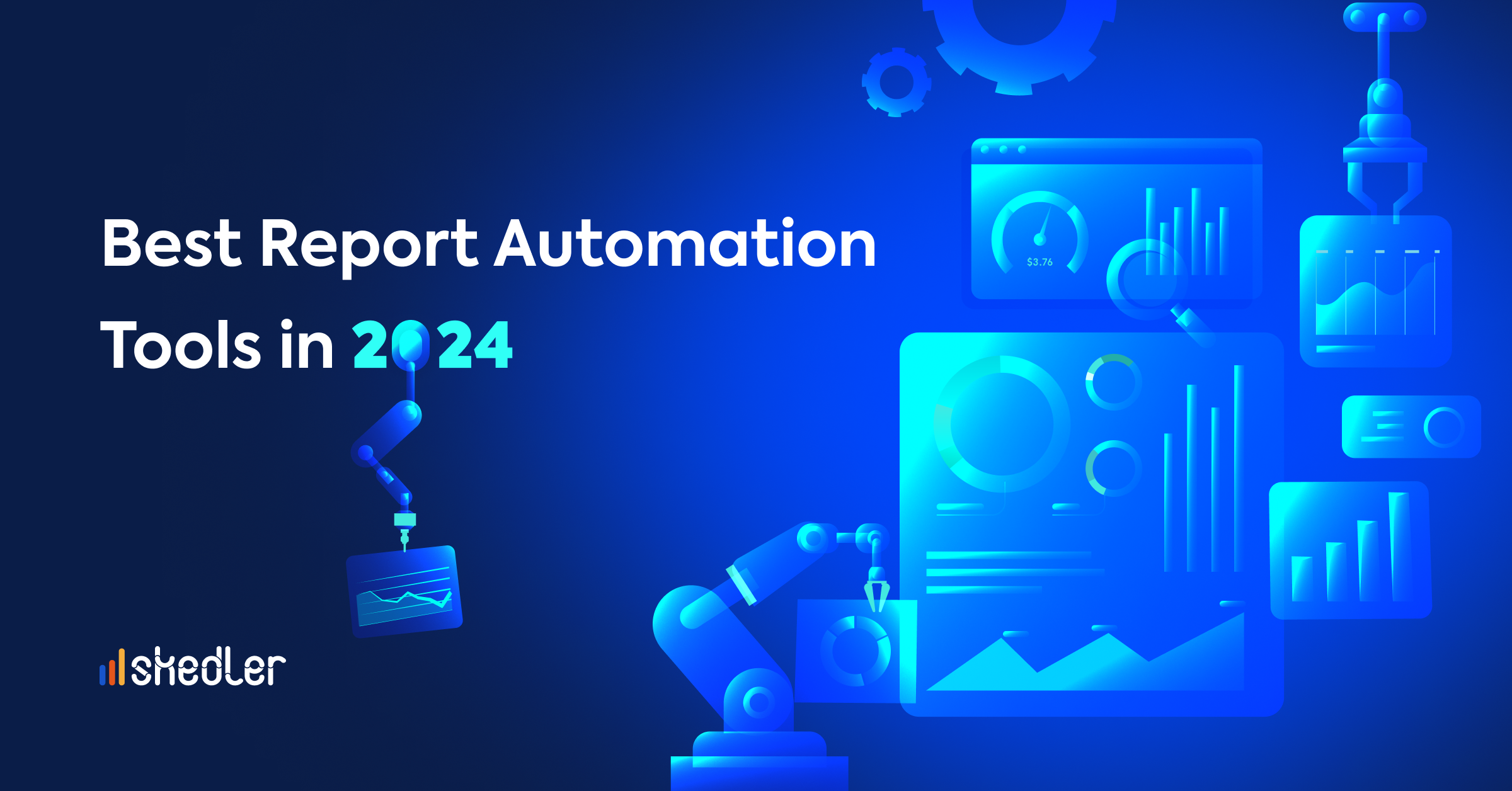DevOps Automation: What Is It and How Can Help You
Let’s talk Devops Automation! Globally, DevOps & DevSecOps has emerged as the predominant software development methodology, used by 47% of software development teams in 2022. This statistical revelation underscores the strategic shift towards DevOps, as organizations recognize its pivotal role in achieving accelerated time-to-market, fortifying security protocols, elevating code quality, and fostering enhanced communication and collaboration among team members.
What is DevOps?
DevOps is a software engineering methodology that seeks to integrate the work of development and operations teams by facilitating a collaborative culture. Therefore, this methodology involves the merger of development and operations teams into a unified entity, which is why it is called DevOps.
In a nutshell, DevOps is a set of practices aimed at automating and integrating processes between software development and information technology (IT) teams, enabling faster and more reliable software development, testing and release.
 What is DevOps automation?
What is DevOps automation?
Automation involves using technology to perform tasks with minimal human intervention. In IT, automation streamlines processes, expands environments, and creates continuous integration, distribution, and deployment workflows (CI/CD). There are various types of automation, such as IT automation, business automation, robotic process automation, industrial automation, artificial intelligence, machine learning, and deep learning.
Automation is crucial for the success of DevOps. Rather than relying on manual efforts to check code, run tests, and deploy code, DevOps practitioners optimize the process by automating each step.
Automation has been on the rise in recent years, profoundly impacting our daily lives, from transportation and cooking to healthcare, agriculture, sports, and entertainment. Whether it’s a camera with auto-stabilization or a life support system that activates artificial oxygen supply upon detecting a drop in oxygen levels, automation plays a pivotal role.
In IT, automation is a key player. IT automation involves developing software and systems to replace repetitive processes, minimizing manual intervention. It expedites the delivery of IT infrastructure and applications by automating tasks that once required human touch.
Why is IT Automation Used?
IT automation is indispensable for replacing time-consuming tasks, enabling teams to cope with the growing scale and complexity of cloud operations and infrastructure. As a result, automation enables teams to run efficiently. The potential applications of automation are wide-ranging and include cloud automation, resource provisioning, configuration, network management, and security automation. In a recent article we shared with you the most useful DevOps automation tools. Don’t forget to check it out!
Why DevOps Automation is Important
DevOps automation presents a multitude of advantages, which have a significant impact on the efficiency of the team, as mentioned above. If we were to draw up a list of the main advantages, they would be the following:
Enhanced Efficiency and Productivity
By eliminating manual and repetitive tasks, automation enables teams to focus on more important tasks. Routine tasks, such as infrastructure provisioning and deployment management, are automated, optimizing productivity, reducing errors, and enhancing overall efficiency.
Seamless Scalability
Working at a large scale is a modern challenge across industries, particularly for DevOps teams managing multiple applications and deployment environments. Automated systems adeptly handle disparate processes with precision and efficiency. As demand fluctuates, these systems can scale effortlessly without compromising performance.
Consistency Across Software Development and Deployment Processes
Automation brings consistency to software development and deployment processes. Practices like Infrastructure as Code (IaC) and configuration management ensure that infrastructure and application configurations are defined and managed in a repeatable and consistent manner, reducing the risk of configuration drift.
Continuous Integration and Continuous Delivery (CI/CD)
Automation is crucial for CI/CD practices as it streamlines continuous integration by automatically incorporating code changes and allows the early detection of integration issues.
Software Quality and Eliminating Manual Errors
Automation is paramount for ensuring software quality and reliability. By automating testing processes, organizations can detect defects early, reduce error correction efforts, achieve higher test coverage, and execute tests consistently, resulting in more robust and reliable software. Additionally, the possibility of human errors is eliminated.
Collaboration and Communication
Automating processes allows teams to delegate repetitive and routine tasks to reliable automated systems. Consequently, teams can focus on other tasks and collaborate, leaving repetitive and routine tasks in the hands of trusted automated systems. This fosters seamless integration and coordination among cross-functional teams, promoting collaboration and communication.
Skedler: Your Report Automation Solution
And now, let us introduce you to Skedler, the ultimate reporting automation solution from Grafana and Kibana. Skedler simplifies the entire reporting process and is designed for DevOps teams and enterprises looking for optimized data insights. With features like custom report templates, scheduling and real-time reporting, it stands as a beacon for efficiency.
If you work with Grafana or Kibana reports, Skedler is your tool. Explore the power of seamless reporting automation and elevate your data analytics game. Automating reports is the key to the success of your team and company.
Conclusions: DevOps Automation Is the Key to Success
DevOps automation is a fundamental piece in achieving business success. We, as the creators of Skedler, a reporting automation tool, understand the importance of automation to streamline processes, improve efficiency and ensure reliable software delivery. Skedler users tell us every day how important it is to use automation tools to increase efficiency and productivity, and how this leads to better overall results.
If you work with Grafana and Kibana and would like to have your reports automated, we invite you to try Skedler. Download our free trial and let us know what you think of Skedler!



